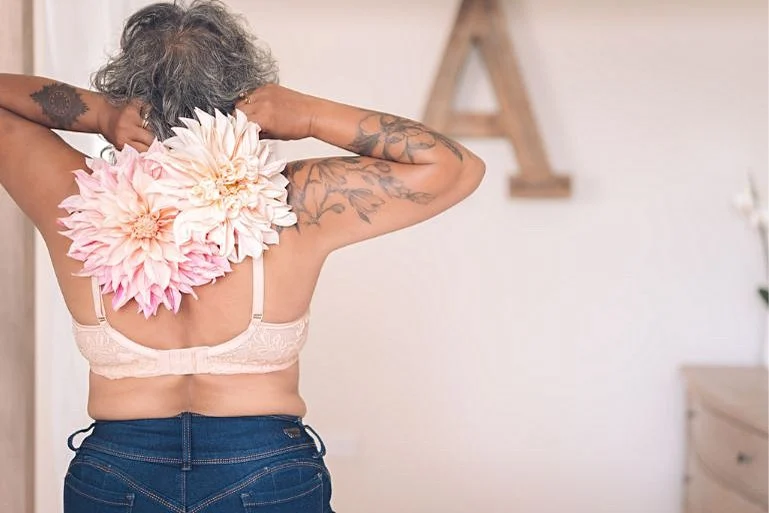
Menopause and breast cancer: how to identify signs during midlife
Posted by Claire Boote, on December 10, 2024. Tags: Health benefits, Menopause, Post-Surgery, Wellbeing

Posted by Claire Boote, on December 10, 2024. Tags: Health benefits, Menopause, Post-Surgery, Wellbeing
But to be clear from the off: menopause does not cause breast cancer. However, because breast cancer is more often diagnosed in women over 50 (82% of cases are in this age bracket), it’s more likely to occur in menopausal or post-menopausal women (51 is the average age to reach menopause).
Because of this, it’s useful for women in their late 30s, 40s and 50s to know a bit more about the role of oestrogen in menopause and breast cancer, plus how simple healthy lifestyle habits can help reduce both menopause symptoms and our risk of cancer.
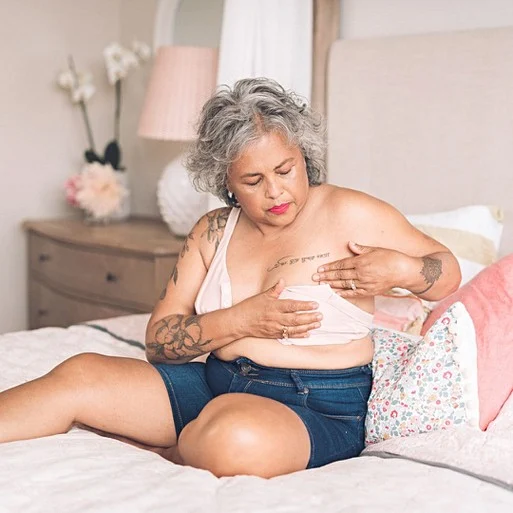
Most breast cancers are sensitive to hormones, such as oestrogen and progesterone, which can influence their growth. In menopause, oestrogen and progesterone decline which is why women who experience late-onset menopause (defined as reaching menopause at 55 years or older) are at greater risk of developing breast cancer.
There have also been several scare stories over the years about HRT (hormone replacement therapy) causing breast cancer. For many women going through menopause, HRT has been life-changing – by replacing lost hormones it helps reduce typical, and sometimes debilitating symptoms, such as hot flushes, night sweats, brain fog, low libido and mood swings. So, what’s the reality when it comes to breast cancer?
There are several HRT treatments available to you and your GP will talk through the benefits and risks of each, and consider other factors such as your age, other health conditions, and where you are in your menopause journey before confirming on a treatment plan. For instance, several types of HRT contain both oestrogen and progestogen (a synthetic form of progesterone), but one kind is oestrogen only – this has been known to increase the risk of womb cancer so is only prescribed to women who have had a hysterectomy.
The truth is, there are risks and benefits associated with any medical treatment. It’s generally accepted that, overall, the benefits of HRT outweigh the risks, including that of breast cancer. Choosing the most appropriate HRT type for you, and taking it for as short a period as possible, helps reduce the risk.
Read the NHS guide to the benefits and risks of HRT for more advice.
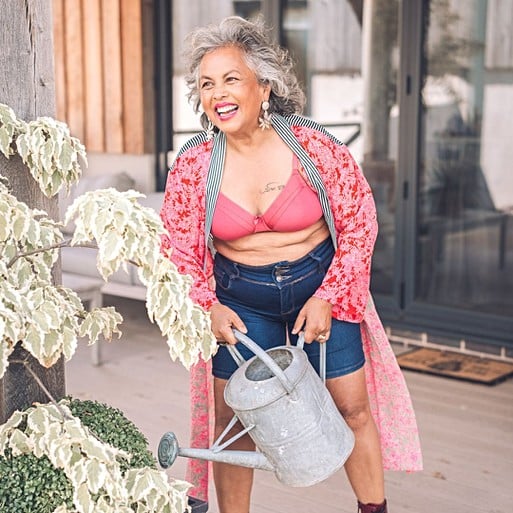
Breast Cancer UK estimates that at least 30% of all breast cancers, around 17,000 breast cancer cases each year, are attributable to preventable causes or modifiable risk factors. It’s good to remember that healthy lifestyle habits that help reduce your risk of cancer, can simultaneously help relieve some menopause symptoms.
Here are some simply lifestyle changes you can make (and maintain):
Browse our post-surgery bra range
At Royce, we believe that women dealing with breast surgery should feel supported and comfortable from the very first layer. That’s why we design post-surgery bras in consultation with breast cancer specialists and patients, that can be worn safely and comfortably following mastectomy, lumpectomy or other chest surgery, and can hold a prosthesis if required. Browse our range of stylish post-surgery bras, from Silver Post-Surgery for hospital to Maisie and Indie for recovery and beyond.
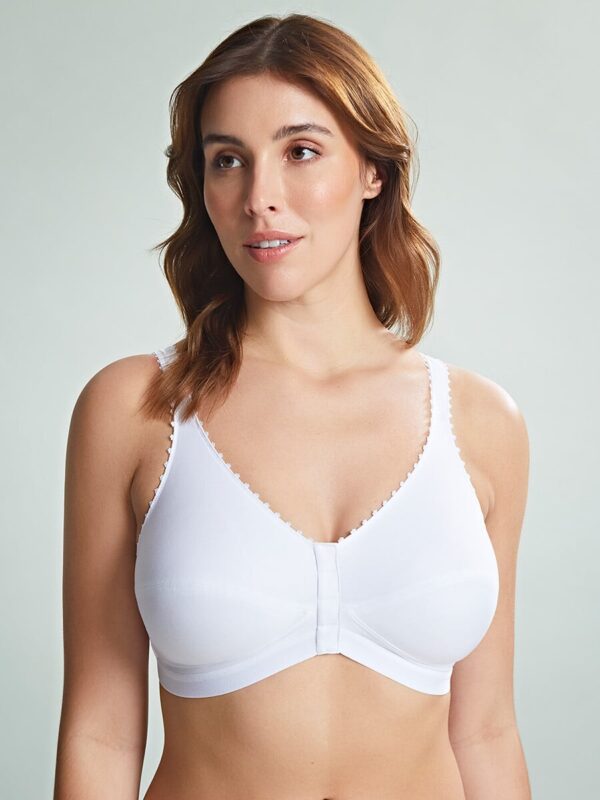
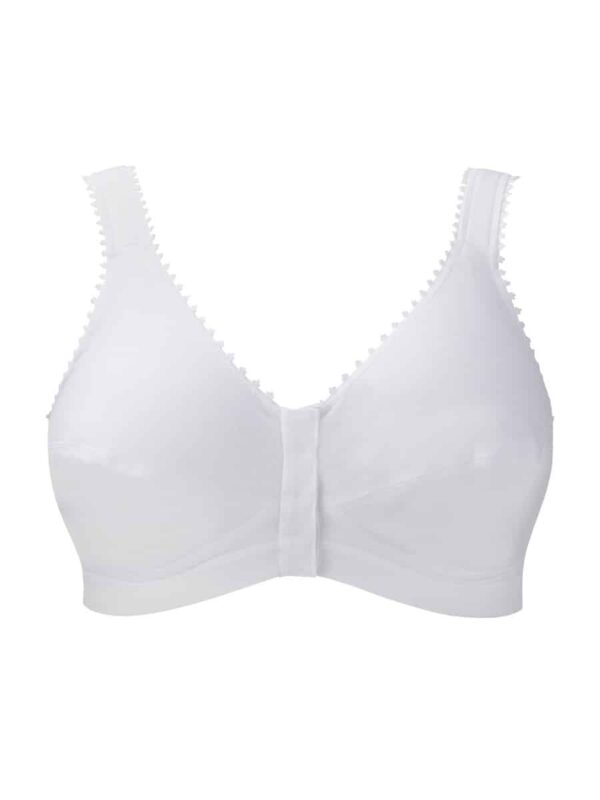

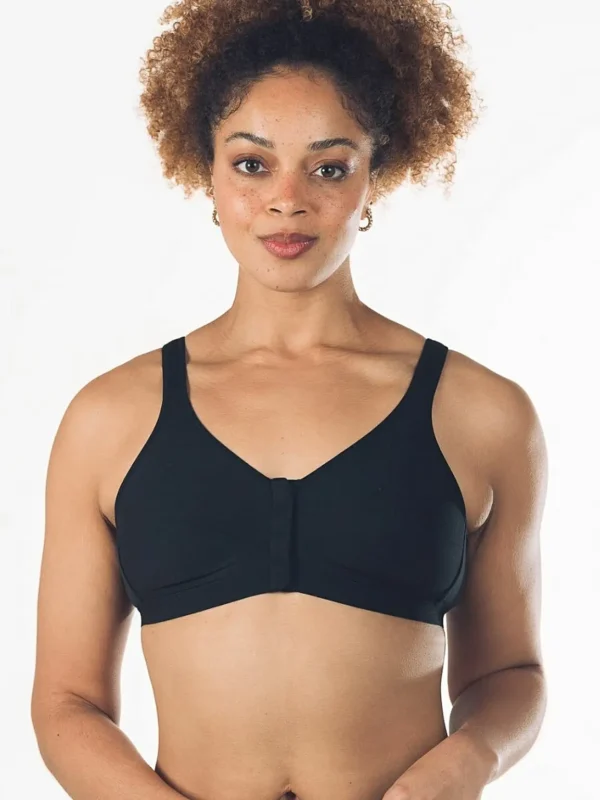
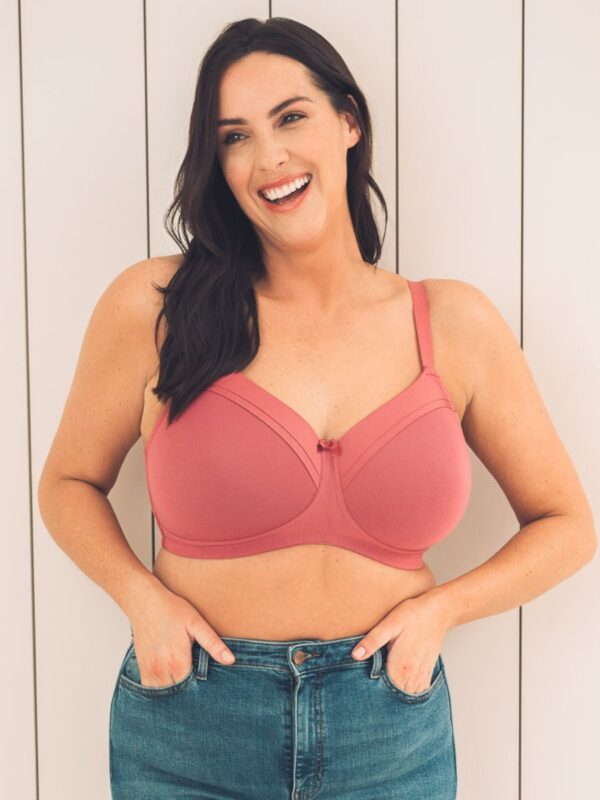
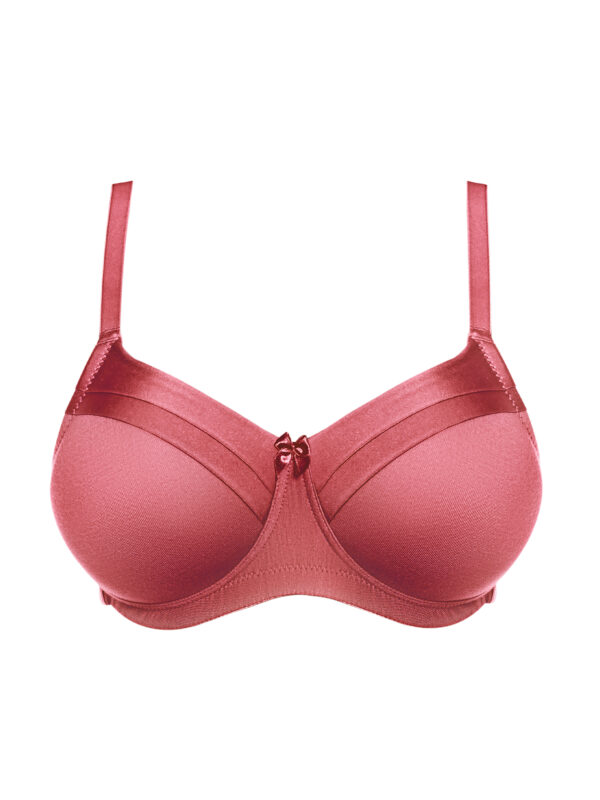
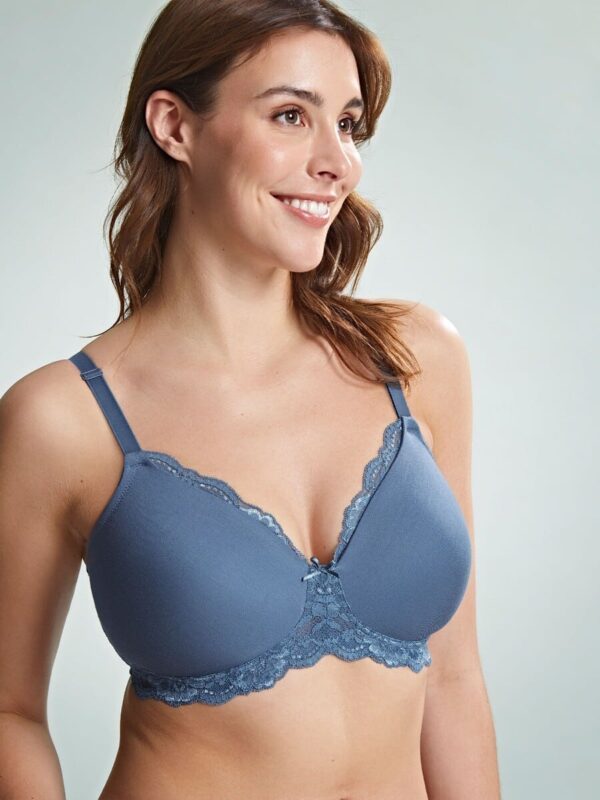
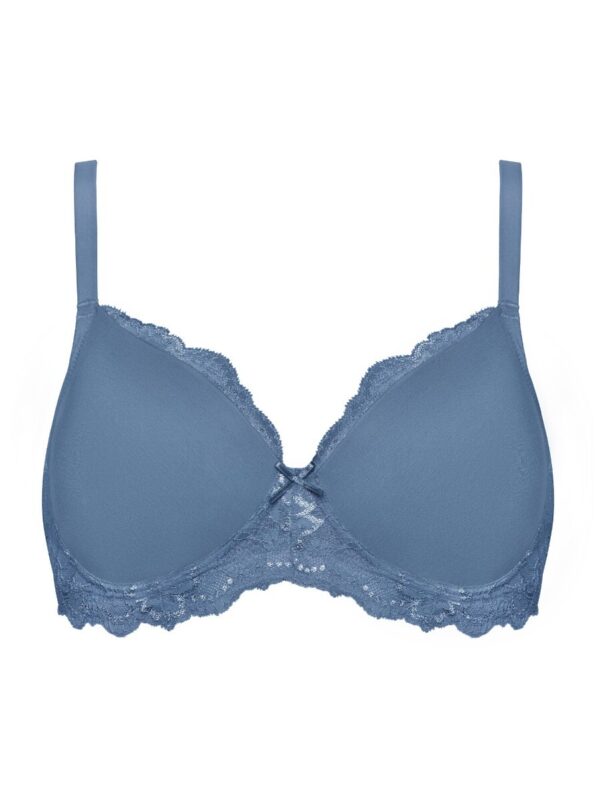
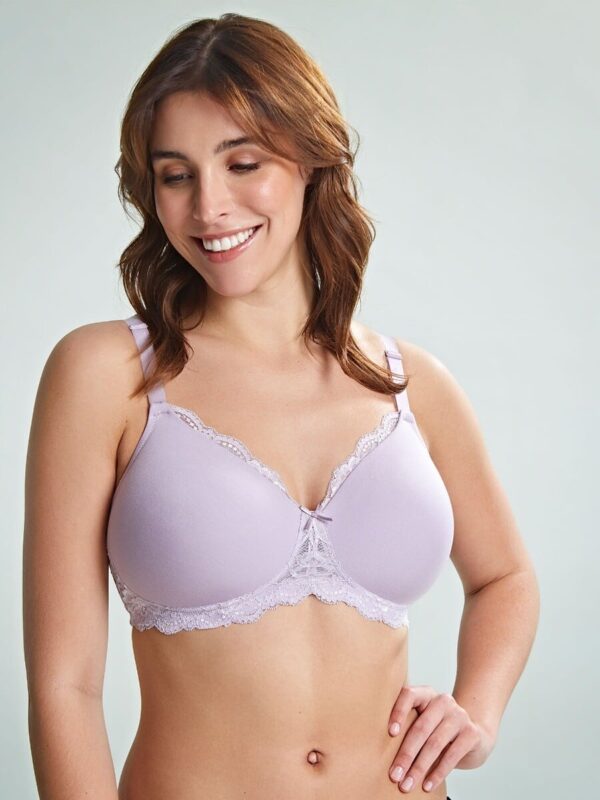

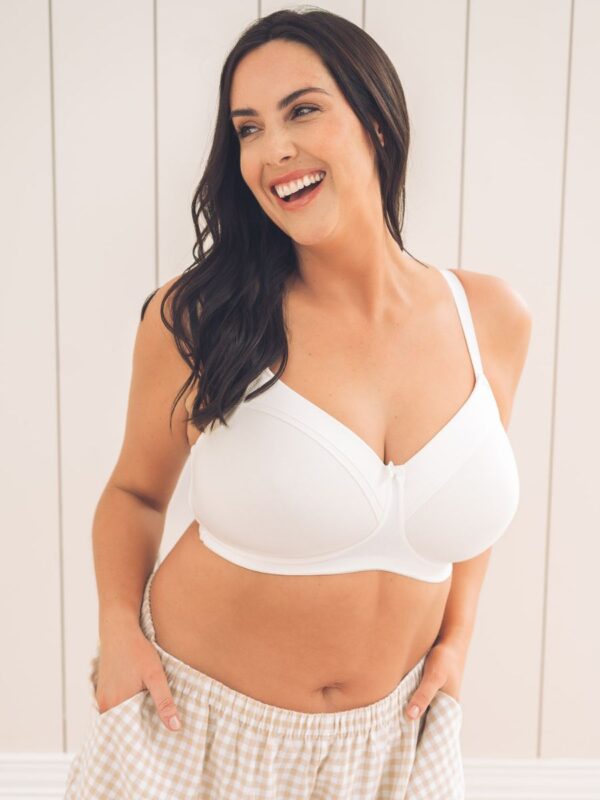
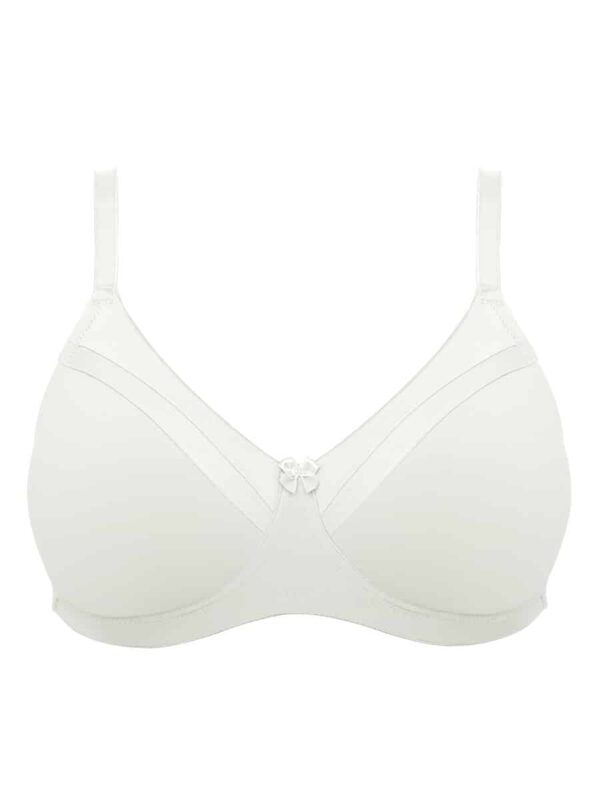
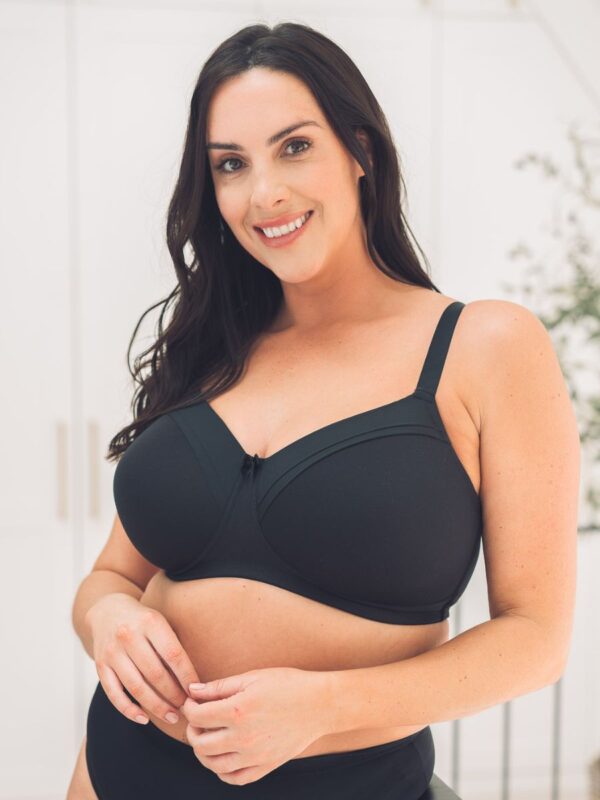
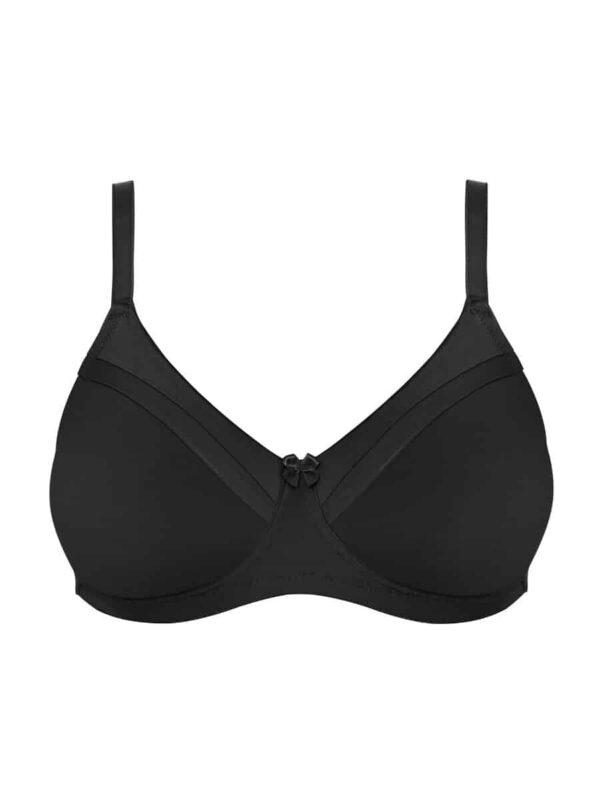
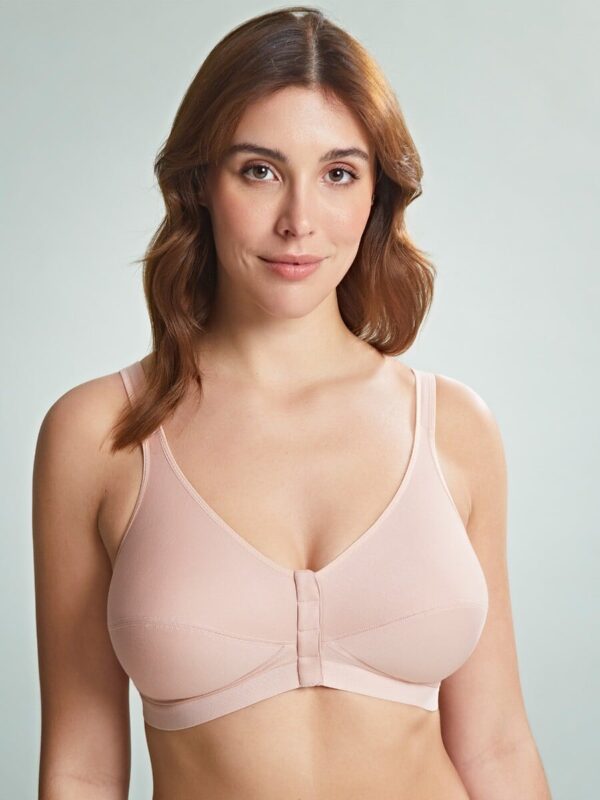
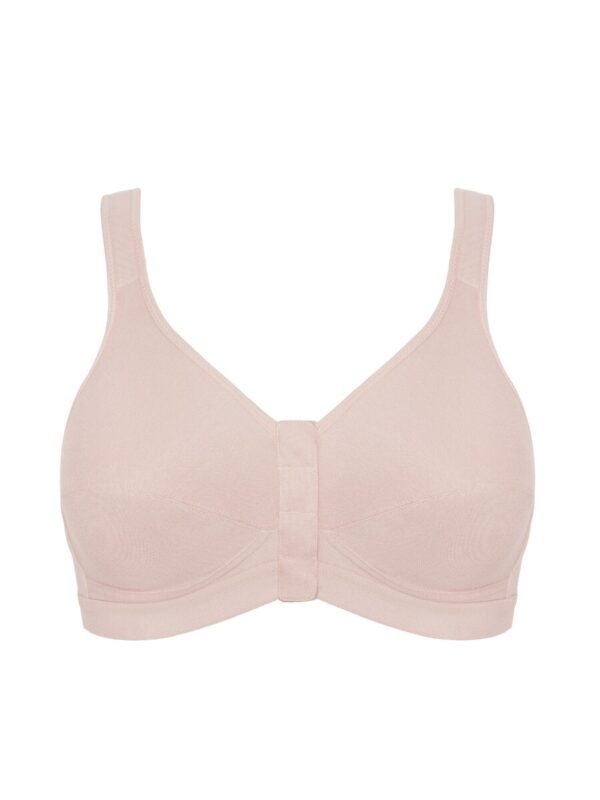
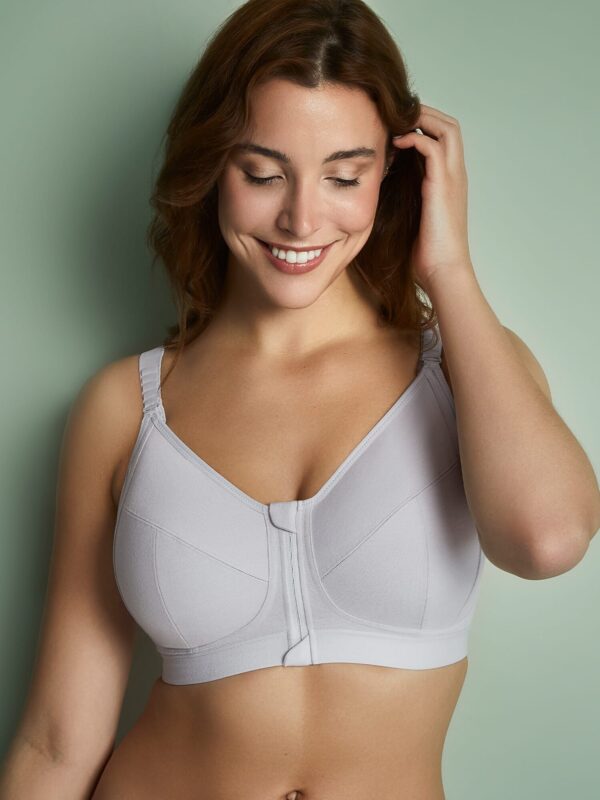
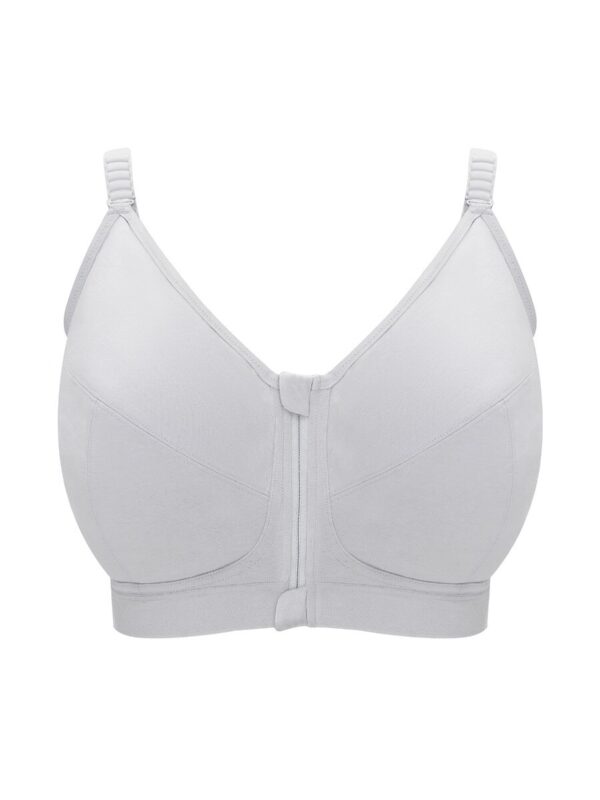
Find your local stockist